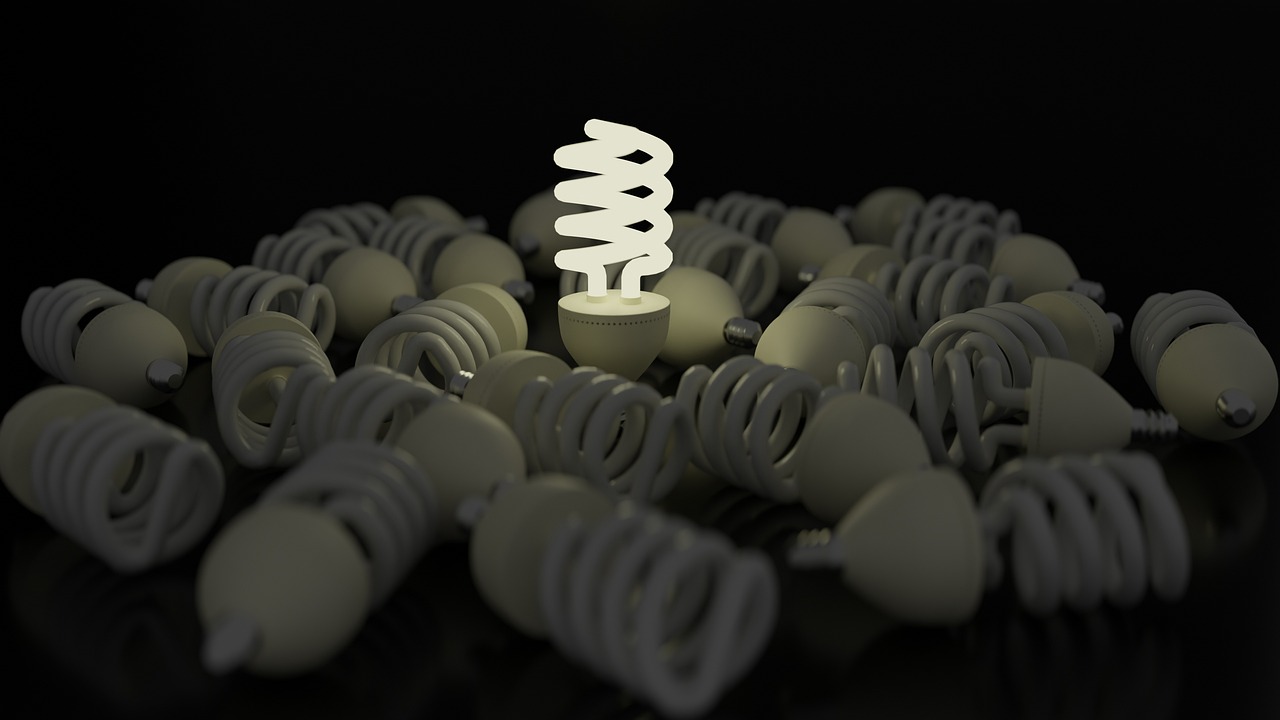The Obama years saw many things go sideways, including a top-down demand that Compact Fluorescent Light Bulbs (CFLs) replace incandescent, the latter to be banned by law. Ten years later, and Dems are banning CFLs.
They are outlawing the sale for reasons we objected to them being forced on us ten years earlier.
As of Feb. 17, Vermont will become the first state to ban the sale of compact fluorescent lamp (CFL) bulbs.
Vermont’s Department of Environmental Conservation moved to restrict the sale of “screw-based mercury-containing compact fluorescent lamps” in Feb. 17, 2022, but gave retailers and distributors one year to move any remaining inventory.
Their reasoning? Mercury in the bulbs makes them hazardous, and LEDs are comparable in price and use less electricity. But not long ago, the same folks told us we had to buy CFLs as they plotted the doom of incandescent bulbs.
While the total ban on incandescents was averted, the old reliable ‘heat-ball’ is still nearing extinction in the US. When we rang in this new year, January 1st, 2013 began, the ban on the 75 Watt incandescent bulb.
It may no longer be produced or sold once supplies run out. Its smaller cousins will not be far behind in successive years, leaving us to light our way with candles unless, of course, we’d rather use the state-sponsored (see also mandated) bulb of choice–The Compact Fluorescent or CFL.
CFLs suck. Let me count the ways.
And we did. Count the ways. And there were plenty of them (you can read here), but they were the new hot blonde (I prefer brunettes). Everyone was talking about them, promoting them, mandating them—no more Edison bulbs.
And yes, most of the CLFs were made in China, so maybe Barry Obama and his Barry Bros were greasing some Chinese pockets with the scheme. Lord knows he had staff who adored the Mao (mao-mao-mao) thing.
But it wasn’t all bad in hindsight. As nasty as it was, we could argue that the CLF inspired necessary innovation. LED bulbs arrived alongside the CFL fantasy. They were far more expensive than the too-expensive CFL, but they did all of the things attributed to the CFL without the immediate downsides. The mercury. The rush of bureaucrats to issue rules or advice about addressing the dangers of breaking a CFL in your home or office.
In some locales calling local hazmat experts to clean it up was not a joke.
How many people does it take to clean up a broken Compact Fluorescent Light Bulb? That depends on where you lived. In other words, many people were unnecessarily exposed to mercury, and the lower your income, the more mercury you likely added to your environment. Hey, we think we cleaned up the lead, so here’s some mercury.
A lighting choice the progs wanted very badly to make the only one, a tendency we see again with lithium batteries and the green energy movement.
I want to think the current nonsense will lead us to the next better technology, and maybe it will, but at what cost? The world has wasted trillions on garbage technology. Millionaires and billionaires have been born out of the transfer of wealth by governments into these concerns and back to politicians and activist groups. All on the backs of taxpayers and second and third-world citizens effectively trapped as slave labor.
CFLs were lousy, but we can’t directly connect that “moment” in history to a rise in human rights violations. And while they do share a degree of environmental hazard, using a CFL didn’t offshore emissions to foreign countries.
Vermont’s CFL sales ban takes effect this month. California is next, which is different; Vermont usually followed California. And we’d expect other states to pile on, and I support that. They’re nasty. We don’t need them. And we didn’t want them in the first place.
Like socialism, which, sadly, Vermont will not ban, and that’s a real shame. It’s far more dangerous to the people and the environment than compact fluorescent light bulbs.
